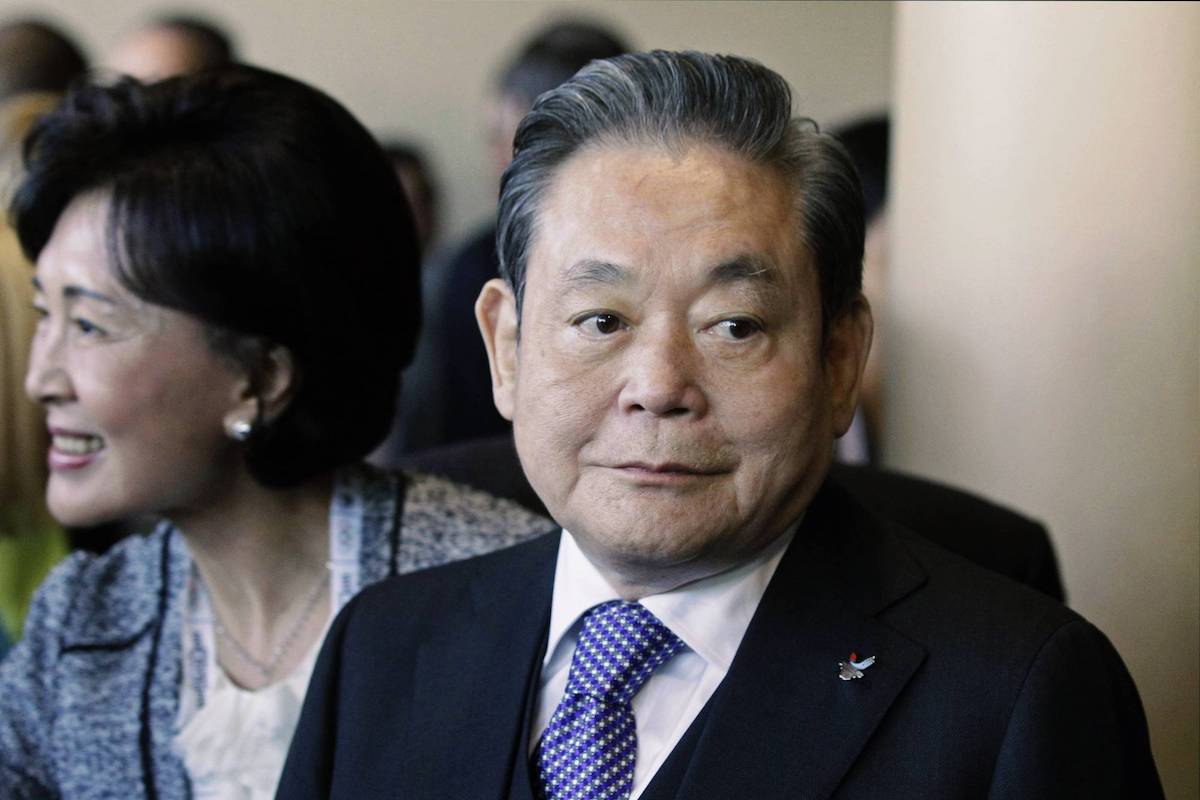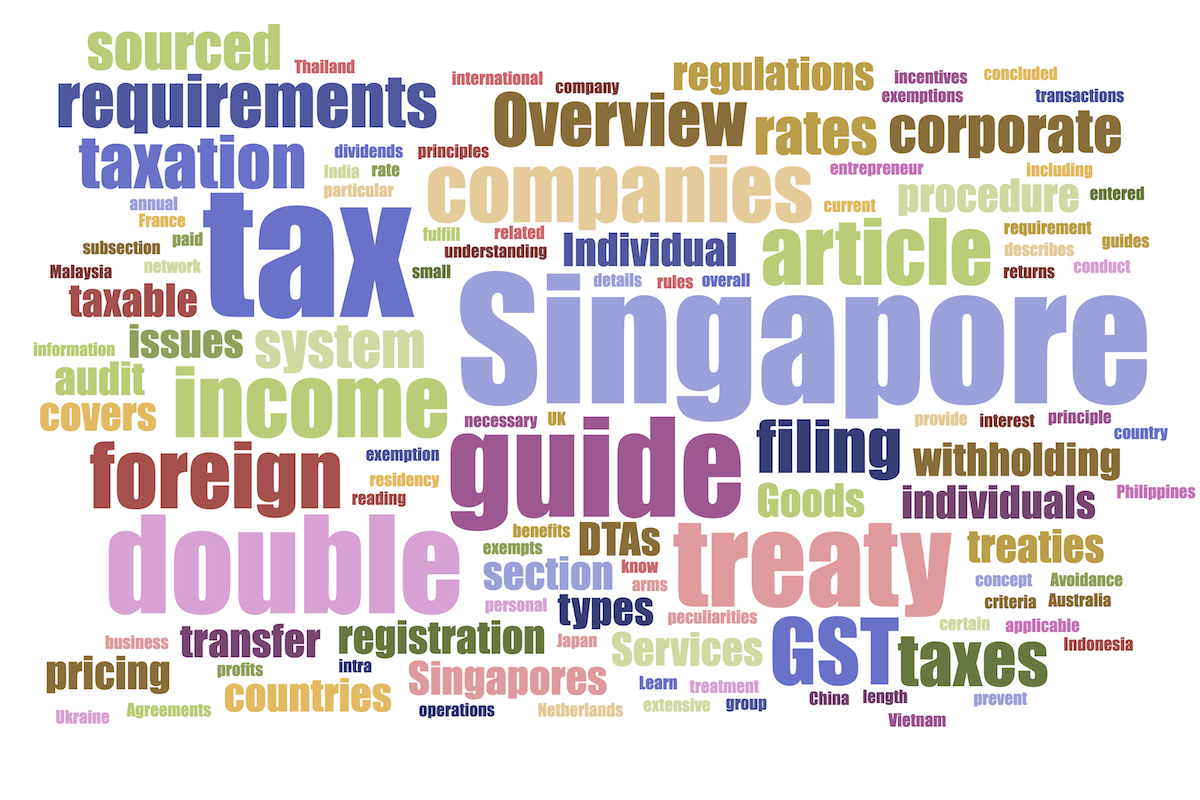Launching a Startup in India vs Singapore
Introduction
Have Questions?
Tell us your needs and we will get in touch with you promptly.
Government Regulations
India’s impressive progression in the Doing Business rankings over the past few years is a tremendous achievement, especially for an economy that is as large and complex as India’s.
The PM Modi-led government implemented many reforms during the past years, including the introduction of a Goods and Services Tax, an Insolvency and Bankruptcy Code, rationalizing personal and corporate tax systems, and changes in foreign direct investment policies. These changes adopted in 2015, allowed foreigners to invest in certain sectors without first getting government approval, which was previously a lengthy procedure.
India’s judiciary system is independent, but courts are short of staff and lack the technology required to clear an enormous delay in court hearings that raise a question regarding the efficiency of India’s legal system. Business matters in India are regulated by a number of quite complex for understanding company laws that are administered by the Ministry of Corporate Affairs of India.
Though India’s regulatory framework has evolved significantly, its regulations and bureaucracy are still quite intricate and cumbersome compared to Singapore, which has one of the world’s most business-friendly environments for startups and straightforward, easy-to-understand regulations. Singapore has ranked second in the World Bank's Ease of Doing Business rankings. The government has devoted enormous resources to establishing competent conflict resolution mechanisms and also is well known for its alternative conflict resolution systems. Also, the country has a corruption-free legal environment, support programs for business, and a well-tuned law system, which, along with the goal of attracting international investment and fostering a strong and open economic environment, make it an attractive destination for launching a startup.
Singapore's government believes that a good regulatory framework is key to the country’s sustainable development. To know more about key business laws and basic legal principles related to conducting business in the country, check out our comprehensive guide.
Government Incentives
Since the country gained independence in 1965, the Singapore government recognized the need to accelerate the growth of the innovative technology industry to promote the country’s economic development. From then on, it became the main focus for Singapore and the government makes every effort to support the business development.
Today, Singapore offers more than 75 sector-specific incentives for newly-incorporated and already registered businesses in the form of tax exemption, grant, tax relief, or a reduction of the tax rate. The most incentivized industries in Singapore are finance, high technologies, and trade. The benefits range from a S$6 million grant to a tax allowance of up to S$10 million. Also, Singapore offers non-material government incentives aimed at promoting the startup’s growth via training programs and establishing valuable connections within the particular industry.
India started its route towards innovation development just in 2014, when the new government unveiled its ambitious plan to make the country an attractive hub for manufacturing and facilitate the flow of foreign investment on a regular basis. India also aims to increase its ease of doing business ranking with a focus on startups, promote research and development, skill development, and innovation in the country. As such, the government started implementing various support and development programs to promote the country’s entrepreneurship, such as “Make in India”, “Skill India”, “Stand-Up India”, and “Digital India”.
To resonate with all these ideas, the government introduced various tax incentives for existing as well as newly-registered Indian companies. India’s tax incentive policy is mainly focused on establishing new industries, encouraging investment in poorly developed regions, infrastructure, and promoting exports of goods and services. For instance, special investment and tax incentives are given for companies operating in specific industries such as infrastructure, energy, electronics, oil and gas, warehousing, and software. Depending on the industry and region, applicants are eligible for different types of incentives, including tax and nontax incentives, certain dividend deductions, tax holidays, duty exemptions, and tax rebates.
India’s government incentives are more location-based, export-linked, and industry-specific. Although India’s government is trying to create a supportive environment for business, some legal processes are still not that straightforward and easy, which makes government incentive schemes hardly accessible for some businesses. Singapore, on the other hand, offers several tax support schemes that are applicable for each newly-launched startup. For example, under the Tax Exemption Scheme for New Start-Up Companies, eligible applications are able to exempt S$100,000 of chargeable income during the first three years of incorporation without specific application process. With such a hassle-free approach, Singapore supports businesses in their new experimental projects and emerges as a magnet to digital innovation and tech start-ups.
Taxation
Over the past few years, India’s government has undertaken various tax reforms towards great predictability, fairness, and automation. A great example is the Goods and Services Tax reform implemented in 2017 to ease the complex multiple indirect tax regime in India. However, India’s tax system is not that straightforward and still presents a lot of hurdles. For example, India has a tax provision known as Minimum Alternate Tax that was implemented to facilitate the taxation of zero-tax companies and make them pay a minimum amount of tax. In addition to the basic income tax, India imposes various surcharges and levies if total income exceeds a particular threshold, which in some cases reaches 37% (e.g. an additional surcharge on personal income above US $700,000).
As per India Income Tax Act, an individual's tax liability is defined on the basis of his or her physical presence in India. The company’s tax residency is defined depending on whether the company has been incorporated in India or its place of effective management is situated in India. Indian companies are taxed on their worldwide income, while Singapore exempts certain types of foreign-source income from taxation. Singapore defines corporate tax residency depending on whether the company is directly controlled and managed from Singapore or not, regardless of where it was incorporated. Individuals are considered Singapore tax residents if they are Singapore citizens, Singapore permanent residents, or foreigners who have worked or stayed in Singapore for 183 days or more.
India’s complex tax system can become a cornerstone for entrepreneurs willing to launch their startup in India. Singapore, in comparison, has a relatively simple tax system with one of the world’s lowest corporate and individual tax rates. Despite this fact, Singapore provides opportunities for eligible startups to lower their taxes even more by applying for tax relief under government tax incentives. Its extensive network of tax treaties with various countries, including India, provides an opportunity for international businesses to avoid double taxation of their income. In addition, unlike many other countries, Singapore has no wealth tax and does not employ taxes on dividends, capital gains, and inheritance.
Tax Rates
Type of taxes | India | Singapore |
Corporate income tax | Up to 35% - for residents Up to 38% - for non-residents | Up to 17% |
Personal income tax | 0-30% | 0-24% |
GST | 5-28% | 9% |
Capital gains tax | 10-20% | 0% |
Dividend tax | 10% - for residents 20% - for non-residents | - |
Interest tax | 10% - for residents 5-40% - for non-residents | 15% |
Royalty tax | 2-10% - for residents 10% - for non-residents | 10% |
Intellectual Property Protection
According to the International Property Rights Index 2024, which measures the strength of a country's property rights regime (including intellectual property rights), India, comes in at 58 in the global ranking and 10 in the regional rank. Singapore, in comparison, holds the second position globally in the intellectual property rights protection rankings and the first position in the regional rank.
One of the steps on the road to bringing India up to international standards and putting local intellectual property rights protection on par with World Trade Organization and Agreement on Trade-Related Aspects of Intellectual Property Rights provisions was the implementation of new Patent, Copyright, and Trademark Rules. In 2021, India created a dedicated Intellectual Property Division to hear IP-related cases. Despite these encouraging improvements, the commercialization of IP in India faces numerous regulatory limitations and hurdles. For example, interpretation and application of some IP laws can be unpredictable and inconsistent. Although India’s IP laws are generally compatible, authors are still in a battle over illegal exploitation of their IPs and continue to report high levels of piracy. The general lack of transparency, good enforcement and administration practices, and bureaucratic delays in handling court cases make the question of the protection of intellectual property assets in India quite sensitive.
Singapore, on the other hand, has a reputation as a country with strong, transparent, and efficient intellectual property (IP) laws for protecting patents, copyrights, trademarks, and other intellectual property objects. To provide even more protective measures and strengthen its intellectual property rights protection, in 2002 Singapore created a specialized court institution to handle IP-related cases. Singapore's developed intellectual property regime bolstered global companies’ confidence in choosing Singapore as their targeted destination for research and development activities. Such companies as Johnson & Johnson, Procter and Gamble, Oracle, Microsoft, Apple, and other world-leading companies have cited this as the main factor for establishing their base in Singapore.
Access to Capital Markets
India’s investment climate significantly improved in its post-liberalization era, thanks to many initiatives and economic reforms undertaken by the government in recent years. The Indian government has been pushing forward more pro-business policies and incentives to encourage foreign investment. Easing government control on foreign trade and the “license raj” regime, relaxing foreign direct investment rules, and many other improvements allowed great equity inflow in the country. During the first quarter of the 2021-2022 financial year, India attracted around US$27.37 billion of foreign direct investments in total. Still, many investors found the Indian capital market to be challenging compared to other emerging markets.
Today India presents a huge market that is open to foreign investment and offers many investment opportunities. Existing foreign investment regulations permit 100% foreign investment in most industries available to private investment without any approval from the government (Automatic Route). However, there are certain sectors that require prior government approval before a foreign investment can be made, or where less than 100% foreign ownership is permissible (Government Route).
Singapore maintains its position as Asia's most established capital market and one of the world's most respected and trusted international financial centers. The country is known for having no restrictions on the repatriation of profits, lucrative options on import of capital for investors, and high liquidity of the market. Singapore supports its market development by competitive corporate governance and securities regulations to provide better conditions for financing private sector innovation, investment and the country's economic growth. While Singapore offers 100% foreign direct investment in all business sectors, India places a cap on foreign ownership in certain sectors. Broadly speaking, Singapore has less restrictive policies in terms of the nature of investment, ownership, and type of business activities.
Access to Human Talent
India’s human capital pool is one of the largest in the world, recognised for its skills, knowledge, and talent. Due to India’s huge and well-educated English-speaking population, the country has become a major exporter of information technology services, business outsourcing services, and software workers. India boasts great work ethics and a very professional way of operating. Foreign companies can favour India’s incredibly diverse and professional work culture, as well as comparably low labor expenses. However, social incompatibility with local values and culture is something foreign entrepreneurs continue to struggle with when hiring local employees.
As per the Global Competitiveness rankings 2020, Singapore ranks at the top position for labour market flexibility, while India has 103th place in the list. Singapore has a predominantly urban population that is trained to work in skill-based jobs such as professionals, managers, executives, and technicians. Singapore offers a highly educated and skilled workforce and has a work visa framework to facilitate the employment of professionals from overseas, including India. In 2005 Singapore and India signed the Comprehensive Economic Cooperation Agreement, which facilitates the inflow of talent from India into Singapore. Also, Singapore’s workforce is fluent in English, as it is the main language used for business in Singapore. All these factors provide an easy entrance for companies looking forward to expanding overseas or launching a startup.
Infrastructure
Over the past decades, India has made significant improvements in its infrastructure development. Despite this progress, India's infrastructure, which includes roads, trains, airports, seaports, electricity grids, and telecommunications infrastructure, still has a lot of challenges. The lack of adequate infrastructure, followed by rapid population expansion, can gradually slow down the country’s economic development. Therefore, the country continues allocating substantial funds to infrastructure initiatives while struggling to stay ahead of its needs. To promote the country’s sustainable development and boost the growth of the infrastructure sector, India plans to spend US$ 1.4 trillion between 2019 and 2023, according to the Indian Infrastructure Sector in India Industry Report.
Singapore, on the other hand, has some of the best infrastructure in the world, thanks to high levels of investment, years of political stability, and overall economic prosperity. According to the Global Competitiveness rankings 2019, Singapore ranked first for transport and utility infrastructure, whereas India ranked 70. The city is a gateway to Asia, ideally situated at the crossroads of three major economies — China, Japan, and India — with flight paths across many international airports. The government continues to invest in the country's infrastructure development, especially in transport networks.
Some examples of such initiatives are the new Tuas Port, which will be the world's largest fully automated container terminal; the new terminal at Changi International Airport; an upgraded water infrastructure system and construction of an additional Deep Tunnel Sewerage System to meet the country’s long-term approach towards water resilience. There are many other innovative developments in infrastructure. Another prominent project that has become a pillar for economic and infrastructure growth in the country and contributed to Singapore’s urban planning is Mass Rapid Transit, similar to the London Underground and consisting of 216 kilometers of track. All these initiatives ensure Singapore remains an attractive destination for private investments in infrastructure projects and have helped establish Singapore as a global center for sustainable technologies development.
Quality of Life
Singapore has emerged as one of the best places to live in Asia, with a very high quality of life measurement, according to the Mercer Quality of Living City Rankings 2019. Due to Singapore’s multicultural environment and ethnic diversity, wherever visitors come from, they can feel comfortable and safe in the city-state. Singapore embraces cultural and religious tolerance and is ranked as the third safest city in the world, according to the Safe Cities Index 2021. The government has made every effort to create a safe, clean, efficient, easy environment in which to live, operate and carry on business. To learn more about why the world’s entrepreneurs are choosing Singapore to launch a business, check our guide.
India received one of the lowest positions in the Quality of Life Index, with the country’s poor performance in safety, security, and political stability sectors. India is also slotted as one of the worst countries in terms of environmental pollution, which has remained India’s main problem for many years in a row. According to the latest Inter Nations Report, 51% of expats struggle to feel at home in the local culture and report negatively about peacefulness in the country. Also, more than half are unhappy with the water and sanitation infrastructure in India, which makes a general quality of life in the country very challenging, even for its economic elite.
Political and Economic Situation
Since the start of economic reforms in 1991, India has steadily progressed from a closed to an open economy. A significant portion of India’s growth in the past two decades has been driven by the services sector, which accounts for more than half of its GDP. India has now been recognized as one of the world’s most powerful emerging economies. India has a domestic consumption-based economy with increasing demand due to its population, which makes the country a good market. The country’s strengths today include telecommunications, information technology, pharmaceuticals, textiles, and engineering. India is now recognized as a major force in global technology innovation, alongside the US and China. However, the Indian economy is still classified as generally unfree compared to other countries in the Asia-Pacific region. India appears as more of a market for imported technology and goods than an exporting nation.
India's political situation has become more stable since 2014 under Narendra Modi’s regime and India’s government has steadfastly focused on improving its “ease of doing business” ranking. Its political institutions have fostered an open society and implemented a pro-business attitude to support the business sector and promote economic growth. Still, some states in India offer more stability and continuity of policies than others. Also, India has the highest bribery rate in Asia and was ranked 8th on the Global Terrorism Index in 2020, as per the Institute for Economics and Peace. However, in the past few years, India has taken several steps to tackle corruption. The country made efforts towards digitalization of bureaucratic processes and implementation of legal reforms that will reduce the scope of corruption in the country and as a result can make it more attractive for foreign entrepreneurs.
Singapore is a republic with a stable political system dominated by one party that combines authoritarian style with a pro-business approach and constitutional democracy view. Singapore’s political culture is reasonable and based on the rule of law. To maintain the country’s political stability, the Singapore government makes strict, sometimes unpopular but wise decisions that are in the best interest of the nation. Singapore's political system is an example of efficiency and prosperity without even a hint of corruption.
Singapore’s economy is one of the most open economies in the world. According to the 2021 Index of economic freedom, the country's economy has been named as the freest in the world for the second year in a row. Singapore's economy is primarily service-based, however, the country also manufactures electronics and chemicals and operates one of the world's largest ports. Major exports include integrated circuits, refined petroleum, and computers. Today Singapore is well known as an innovation, research and development hub, and financial center of Asia with world-class infrastructure and diverse international ties. All these factors facilitate great foreign investments inflow in the country and prompt many multinational companies to set up their base in Singapore or launch a new startup.
Considerations and Recommendations

"I'd always heard that company set up in Singapore was easy but I didn't expect it to be that easy. The team at CorporateServices.com made it all come together without any surprises; from the initial quote to checking of paperwork to actual incorporation, they managed it all with finesse. The icing on the cake was their prompt and professional assistance for opening the corporate bank account."Dr. Tariq Khalil, Founder & MD, Mosaic Risk Analytics PTE LTD
For ease of launching a startup, Singapore is a more favorable option than India, especially if you plan to have a cross-border business. Singapore is known around the world for its efficient and competitive tax system, which allows businesses to benefit from low tax rates, easy-to-apply government incentive plans, and the long list of double tax treaties. For example, Singapore laws provide full tax relief to resident holding businesses that receive foreign-sourced dividends from subsidiaries that have been already taxed overseas. Many of Corporate.Services.com clients consider creating a business structure with a holding company in Singapore and a subsidiary in India. In such a way, you will be able to utilize the key benefits for business in Singapore while still having access to the Indian market and its talented workforce.
From a business incorporation perspective, Singapore is also some distance ahead in its manner of launching a startup. All incorporation processes can be done online without any hurdles or bureaucracy in just a few days! If you are considering entering the Singapore market or if you have an existing business in India and would like to discuss how you might benefit by incorporating in Singapore, contact our team and we will be glad to provide the support pertinent to your needs.
You are also welcome to read our comparison article about Singapore vs. Dubai and Singapore vs. Malaysia.
Eddy and Hannah
Your Customer Service Team
Work with a team that reflects Singapore's tradition of excellence in diversity. We speak many languages, come from different backgrounds, but we share one goal — your success in Singapore!
Tiffany
Nadia
Tonya
Fenni
Elena
Haly
Sandy
Mithun
Qid
Vika
Patricia
Benny
Jessica
Lingna



